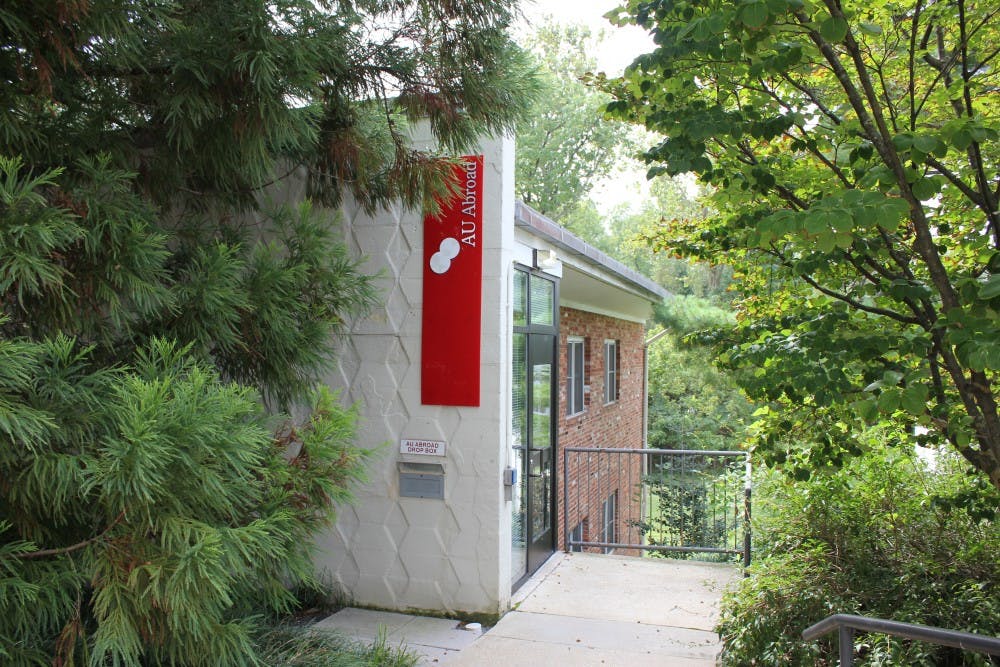Eighteen AU students studying abroad in Nairobi, Kenya were near the scene of a Jan. 16 terrorist attack in the city that killed 21 people, leading the AU Nairobi campus to cancel classes and advise students to stay inside.
The attack has been attributed to the terrorist group Al-Shabab and took place in an upscale hotel and business area a few miles from the AU Abroad center. The incident lasted at least 19 hours and resulted in the deaths of 21 people, including one American, the Kenyan government confirmed.
No students were injured or present at the scene of the attack, Sara Dumont, executive director of AU Abroad, said, although students were required to return to their homestays and the following day of classes was canceled. Students were also required to take private taxis hired by the University in the days after the attack instead of their typical public transportation.
Zainab Mirza, a junior in the School of International Service who is in Nairobi, said that the AU Abroad organizers and program leaders did a great job of handling contingency plans and ensuring everyone’s safety. She said that Victor Mwanza, the program assistant and security consultant for the group, was commendable in his concern and expertise while dealing with the situation.
“I really think that the AU Nairobi staff is particularly amazing,” Mirza said by phone. “They were so on top of … communicating with our families and everyone back at home and also being very open and up front with us. They kept us safe.”
Dumont and Kelly Jo Bahry, the senior study abroad advisor, said that a series of contingency plans and systems are in place for such an event. Although Nairobi has been relatively peaceful in recent years, the AU Abroad office has made sure to maintain its security measures in the area. The Nairobi campus is gated and is guarded around the clock, according to AU’s website.
One of the most important people in their security team is Mwanza, who has more than 15 years of security experience in Kenya and was lauded by the entire AU Abroad team.
“Victor is the best person in the world,” Mirza said.
Emily Schreer, also a junior in the School of International Service, added that Mwanza played a big role in making her feel safe after the attack.
A few students, including Mirza and Schreer, were at a different mall at the time of the attack, and said another student texted them that he had received an alert about an emergency nearby.
“The lights went off for a little bit in the mall,” Schreer said. “And that was when we got scared.”
Mwanza later told them that the power shutoff was part of a security procedure that involves switching to generators in the event of an emergency.
They met Mwanza outside the mall and returned to the AU Abroad Center, where they stayed for a few hours until most students dispersed to head back to their homestays with local families in the city.
Three of the students, including Mirza, live near the scene of the attack, so program director Mwangi Njagi invited them to stay at his residence for the night. Classes didn’t resume until two days later, on Jan. 18, and Mwanza required all students to take private, AU-hired taxis for additional safety.
Students now can only go to school or home, Schreer said, and aren’t allowed to explore the city until safety is assured. However, most of the group is moving into apartments near the center soon, which will facilitate a bit more autonomy, Dumont said.
Dumont added that this isn’t the first time AU Abroad has had to deal with an unforeseen attack. In light of recent incidents in Europe, she said, there’s been a realization among staff, parents, and students that they happen everywhere and that they are not avoidable regardless of location.
“[The parents] focus not on the fact that it happened, but on how have you responded to it, ‘Have you kept my child safe?’ and whether the students feel they’re being kept safe,” Dumont said. “We’ve had this program now for 15 years without cessation, and with a pretty faultless safety record, so the University here is completely comfortable with it.”





